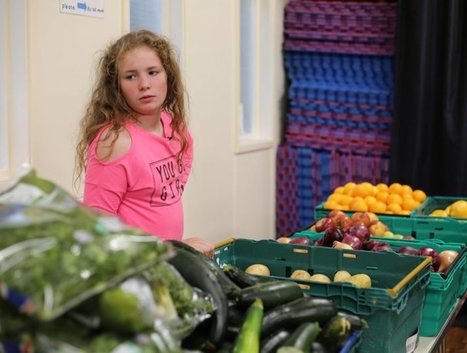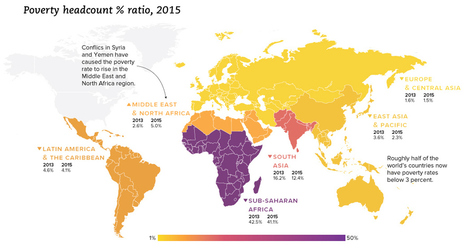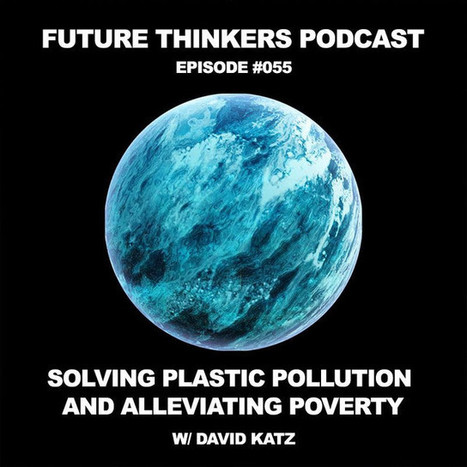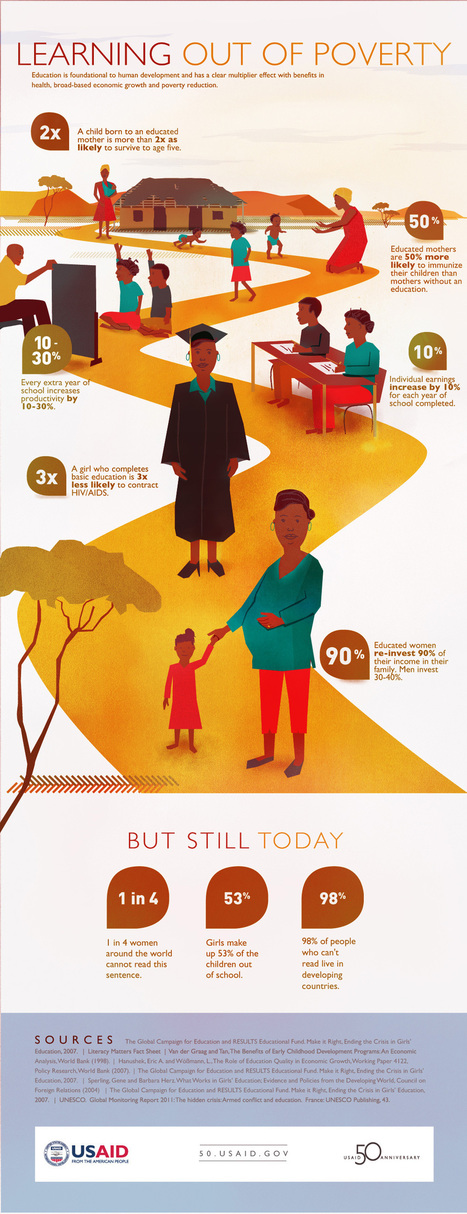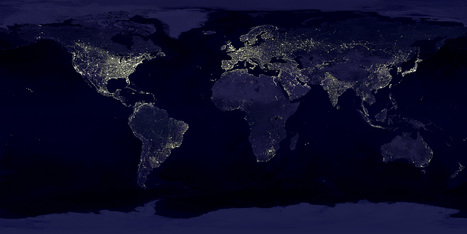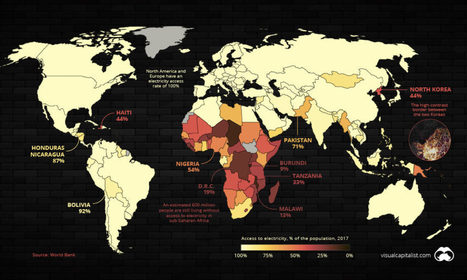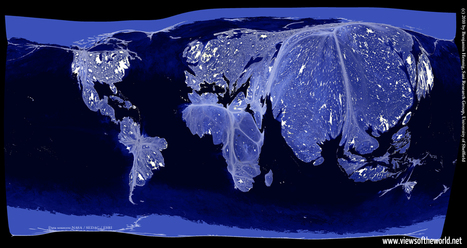“We try not to eat a lot in one day, even though most of us are really hungry, we have to be careful with our food,” says a young pale boy called Cameron, shoulders hunched, sitting in his bedroom. Matter-of-factly, he explains to the camera how he and his family rely on near-expiry date food from a charity food club to get by. The clip has had over two million views on Facebook, and over three million views on Twitter. For a rare two minutes, one of Britain’s least visible crises captured a huge online audience. (It even spawned another mini-viral moment, when one helpful Twitter user suggested they simply use an Aga to heat their home). It’s from an episode of Channel 4’s Dispatches called “Growing Up Poor: Britain’s Breadline Kids”, which airs tonight, tracking the lives of a handful of children across the country who represent the four million now living in poverty. The documentary feels like a landmark moment in mainstream social affairs reporting, and not just for its unusual online reach ahead of the programme airing. It avoids all the pitfalls of the genre that’s come to be known as “poverty porn”. Importantly, instead of pigeonholing the usual favourite destinations of TV producers, it focuses on parts of the country that casual viewers would perhaps least associate with deprivation (the mighty university city of Cambridge, picturesque market town of Sudbury in Suffolk, and relatively affluent Lancashire coastal town of Morecambe). It allows the children profiled to express their personalities. “Guess what? Primark’s ten times bigger than Cambridge’s,” eight-year-old Courtney from Cambridge boasts to her friends when she is about to move to accommodation in Hull – a swap to relieve her family of the bedroom tax. “They’re actually very polite, there’s less bikes, so you don’t have to worry about the bikes. If people are trying to get past you with the bike, they push it along,” she says, impressed. “But you’ve got to get used to the language, it’s not like Cambridge.” It also gives parents space to express their love, rather than shoehorning them into two-dimensional characters. One mother explains her mental illness to her child patiently with a diagram, in the same tone as reading a bedtime story. The reporters take the time to track the reasons why each family has been pushed into poverty – a child’s death from lung cancer, a divorce, domestic abuse, mental illness. All unavoidable, unlucky circumstances. “It’s not the kids’ fault and it’s probably not the parents’ fault either,” says one child interviewed, in a summary that many politicians would do well to remember. Indeed, it’s impossible to watch without the context of the election blaring in the back of your mind like a siren. Although the documentary makers don’t politicise their findings, it’s clear from the facts that austerity and benefits changes are driving a lot of these families’ problems: foodbank use rising since Universal Credit kicked in; child poverty increasing over the last ten years; parents trapped in a cycle of low pay; a desperate housing shortage; inadequate mental health provision; staggering inequality. Child poverty would reach a record high in 2023-24 if the Conservative manifesto were enacted in full, according to the Resolution Foundation think tank. When compared with another viral video whizzing around during this election campaign of the Home Secretary Priti Patel denying the government’s responsibility for poverty, this documentary acts as a desperately-needed reality check – an anchor to drag down all the promises, denials and rhetoric. “The fact that people still look down on people with less money is very sad because everyone’s equal,” says Courtney, before pausing. “Apparently.” Dispatches, “Growing Up Poor: Britain’s Breadline Kids”, is on Channel 4 tonight at 10pm.

|
Scooped by Dot MacKenzie |
Audrey Bowman's curator insight,
December 5, 2019 7:00 PM
Module 3
Sign up to comment



 Your new post is loading...
Your new post is loading...
